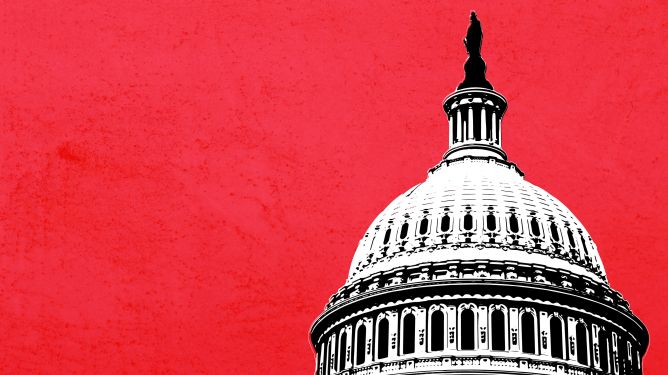The relationship between startups and the U.S. government has strengthened in recent years. This shift is supported by a growing interest in using artificial intelligence, automation, space technology, robotics, and climate technology for defense purposes. While this has provided another welcome path to capital, the relationship is becoming more complicated.
A growing number of startups now have the U.S. government as a customer or are actively seeking permits and defense-related contracts. When the government is operational, this connection can provide a necessary boost and a reliable revenue stream for startups. However, when the government ceases to function, as it did starting on October first, those close ties can stifle or even halt progress for many young companies.
A prolonged U.S. government shutdown now poses more risk for startups than it did in the past. It also puts a damper on what was an active season for initial public offerings. This situation reflects how the startup landscape has changed over the last decade, and especially in the last few years. For a long time, the focus was on consumer internet startups. Now there is much more activity in defense technology and deep tech, areas where companies often need various kinds of regulatory approvals. It feels like much broader segments of the startup landscape now depend on the government in various ways, which was not necessarily true ten years ago.
Separately, the Trump administration has continued to extend its reach and ownership into the technology industry. The administration has renegotiated another federal loan, its third in recent months following deals with Intel and rare-earth miner MP Materials, and taken an equity stake as part of the newly arranged deal.
The U.S. government took a five percent stake in Canadian miner Lithium Americas and another five percent ownership in a Lithium Americas and General Motors joint venture to mine lithium in Nevada. The equity stakes will be acquired through no-cost warrants. These are financial instruments that give the government the right to purchase shares at a set price. The new terms resulted from a renegotiation with the Department of Energy’s Loan Programs Office concerning a two point two six billion dollar loan that was originally awarded to Lithium Americas under the Biden administration.

